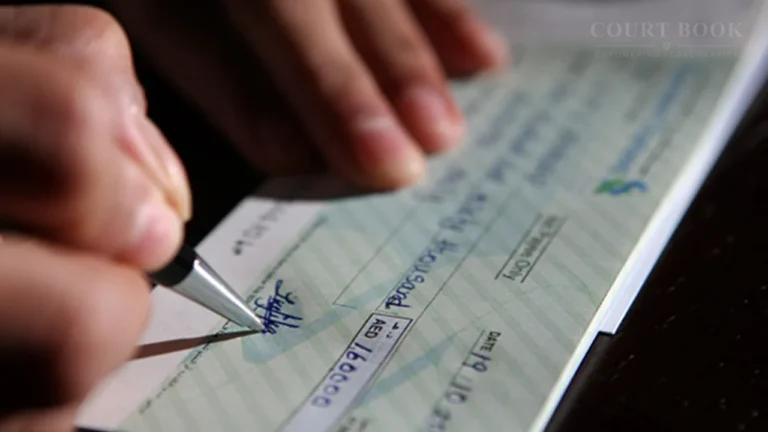The Kerala High Court recently delivered a significant judgment clarifying the legal standing of cash transactions above Rs 20,000 in cases involving cheque dishonour under Section 138 of the Negotiable Instruments (NI) Act, 1881. Justice P.V. Kunhikrishnan held that such transactions, if in violation of the Income Tax (IT) Act, 1961, cannot be considered legally enforceable debts unless a valid explanation is provided.
The court observed:
"Accordingly, it is declared that debt created by a cash transaction above Rs.20,000/- in violation of the provisions of Act 1961 is not a 'legally enforceable debt' unless there is a valid explanation for the same. But the accused should challenge such transactions in evidence, and he has to rebut the presumption under Section 139 of NI Act, of course, through preponderance of probability."
Read also:- BNSS Mandates Prior Notice to Accused Before Cognizance: Delhi High Court Reinforces New Safeguard
This ruling emphasizes that if a complainant fails to justify a cash transaction exceeding Rs 20,000, the criminal court will not entertain such cases under S.138 NI Act.
Background of the Case
The case involved an accused, P.C. Hari, who was convicted by the Magistrate Court for dishonouring a cheque of Rs 9 lakhs issued to the complainant, Shine Varghese. The complainant claimed he had lent the amount in cash, and the accused issued the cheque to discharge this debt. When the cheque bounced due to insufficient funds, a complaint was filed under S.138 NI Act.
The accused argued that the cash transaction violated Section 269SS of the IT Act, which mandates that loans or deposits above Rs 20,000 must be made through account payee cheques, drafts, or electronic transfers. Since the transaction was in cash, it was illegal, and thus, the debt could not be legally enforceable.
Read also:- Bombay HC Rules: Spouse’s Taunts Over Skin Tone, Cooking Skills Don’t Amount to Abetment of Suicide
The court examined four critical questions:
- Does the presumption under Section 139 NI Act cover legally enforceable debt?
- The court affirmed that Section 139 presumes a cheque is issued for a legally enforceable debt unless rebutted.
- How can an accused rebut this presumption?
- The accused must present a probable defence creating doubt about the debt's legality, based on preponderance of probability.
- Can cash transactions above Rs 20,000 in violation of IT Act be treated as legally enforceable debts?
- The court ruled no, unless a valid explanation under Section 273B of the IT Act is provided.
- Was the presumption rebutted in this case?
- Since the complainant admitted to not paying income tax and offered no explanation for the cash transaction, the court held that the accused successfully rebutted the presumption.
Read also:- Supreme Court Notice to IMA in GST Case on Club-Member Services
The court clarified that this ruling applies only prospectively and will not reopen concluded trials where this issue was not raised earlier.
"The dictum is applicable only prospectively, and in a concluded trial in which no such point is raised need not be reopened based on this decision."
Implications of the Judgment
Discourages Illegal Cash Transactions: The judgment aligns with the government’s Digital India initiative, discouraging cash transactions that fuel black money and parallel economies.
Shifts Responsibility to Complainants: Complainants must ensure cash transactions above Rs 20,000 comply with IT Act provisions or provide valid explanations to avoid dismissal of their cases.
Legal Clarity on Presumptions: While the presumption under Section 139 NI Act stands, accused persons can challenge transactions violating tax laws to avoid liability.
Title: P.C. Hari v. Shine Varghese and Anr.
Case No: Crl. Rev. Pet. No. 408/2024















